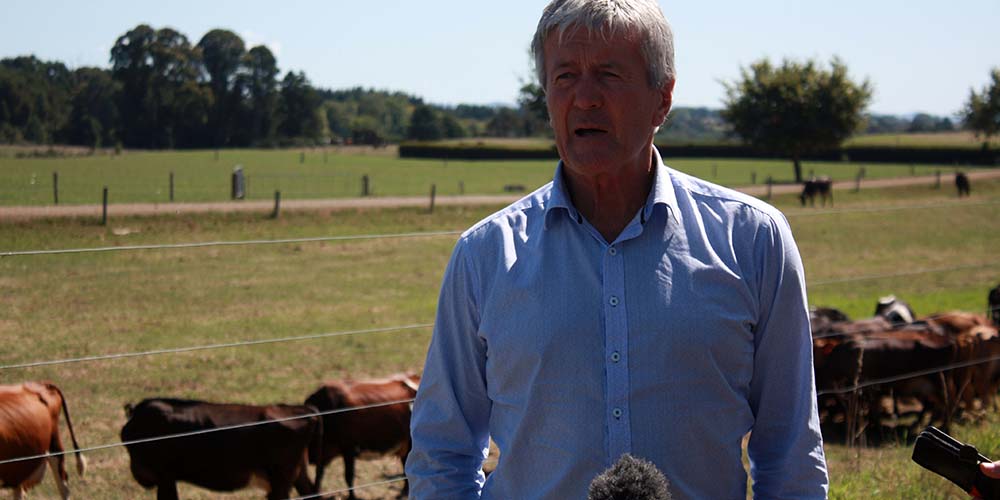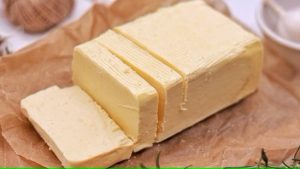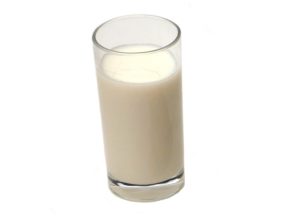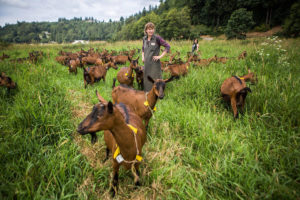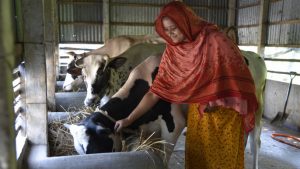Meantime, Agriculture Minister Damien O’Connor says exporters should not expect animals currently in quarantine processes will get on the water any time soon.
MPI put an immediate halt to live export, suspending all applications for live shipments following the tragedy surrounding the sinking of the Gulf Livestock 1 that went down amid Typhoon Maysak off the coast of Japan last week.
The suspension, while imposed by the Director General, has the full support of O’Connor.
“I fully support the move not to allow any more animals to go on a boat that may be at risk,” O’Connor said.
“There is a substantive review under way, meantime this suspension is about safe boats and sane, sensible people managing the operations.
“If we have Kiwis on board, as we have been involved in this maritime tragedy, we need to know there has been proper training of (people) skills and we need to double check on the systems of stock management on board the boat.
“There are varying reports of this tragedy and we need to ensure only the very best care is given to animals on these voyages.
O’Connor says MPI is in discussions with exporters on all these issues.
“We have made it very clear that what’s going on now in procurement and quarantining may not get on the water,” he said.
“They can’t be assured these exports are going.
“We appreciate this uncertainty is very difficult for business and we want to clarify (the situation) as quickly as we can.”
O’Connor would not put a timeline on an outcome.
“I’m not prepared to put timelines on, but we have clear requirements we hope can be met,” he said.
“We can’t ignore the lessons and learnings from this (Gulf Livestock 1) tragedy.
“We have accepted there are animals in quarantine and decisions have to be made around that.”
O’Connor says talks are ongoing between MPI and exporters about any additional plans for export consignments.
Industry sources confirmed the 26,000 animals currently in quarantine are owned by the respective exporters.
O’Connor says the total numbers involved with the live export trade is small in proportion to the overall livestock trade in NZ.
“It is an additional option for farmers, but it won’t make or break farmers in NZ,” he said.
He acknowledged NZ’s part in global food security.
“NZ as a nation of farmers can contribute, but we won’t put our nation or our reputation at risk,” he said.
“Accordingly, this could mean no more live export trade, if the review sees it that way.”
Animal Trade Advisory Council (ATAC) chair Jim Edwards says the live cattle export industry is very concerned.
ATAC is a forum bringing people together to oversee animal specific trade issues, including germplasm such as embryos and semen. It works closely with MPI.
“Right now, we are using ATAC very quickly to engage and draw people together to work through the issues of the interim suspension,” Edwards said.
“Initially, the focus was clearly on the loss of humans, while not losing sight on the loss of animals in this maritime tragedy.”
Now looking forward, Edwards says industry is working with officials, including maritime authorities, to determine the likely longer term.
The key issue, with animals in pre-export isolation (PEI), is getting maritime assurances that shipping is safe by animals and by crew.
Edwards says while the animals can be retained longer term, it’s not open-ended and returning animals to farmers is not a feasible option.
“These animals have been tested to meet certification and isolated and they have left farms that will not be in a position to take them back,” he said.
“It’s early days and they can still be safely kept on in PEI at this stage.”
If the cattle don’t make the water, the most likely option is to put them out in the domestic market.
But industry sources say this would be a “messy and non-viable situation”.
Ultimately, it would be a commercial decision factoring in the ongoing daily costs to keep the animals.
The next ship is due to load a consignment of about 14,000 cattle in the next 10 days.
“We do hope that the suspension will be lifted in time so that export can continue,” Edwards said.
While acknowledging the live export trade provided increased returns to the NZ rural sector that would otherwise see more animals slaughtered and more bobby calves, Edwards says it’s also important to global food security.
“This is particularly so for China with a population of one billion people and half of that living urban with no vegetable garden and no house cow,” he said.
“It is important that we can be seen as a country that does help these countries.
“This live trade does open doors for our other products.”

